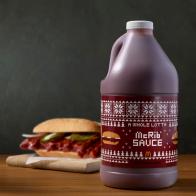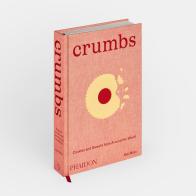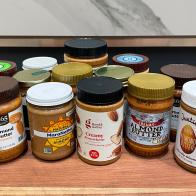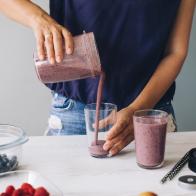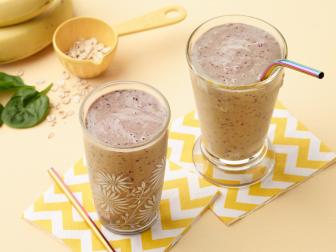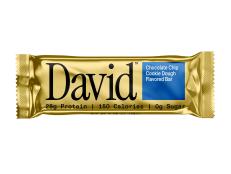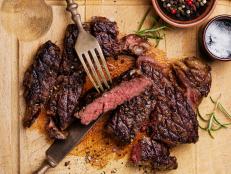Is Protein Powder Healthy?
A sports dietitian nutritionist breaks down how to include it into a healthy eating plan.
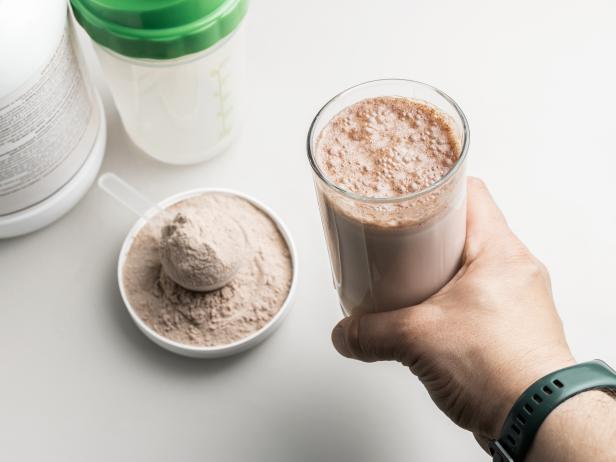
Farion_O/Getty Images
There is a dichotomy of sorts surrounding protein powders. They are a fixture in many healthy eating plans to increase protein intake, but these same recommendations often call for avoidance of processed foods. But are protein powders processed? Ultra-processed? Are they healthy and if so, how should they be consumed to get the most out of them?
What Is Protein Powder?
Protein powders are powdered extractions made from various sources. The most common types of protein powders are derived from animal sources including milk (casein or whey), egg or bone broth. There are also several plant-based options made from soy, pea, rice and hemp.
Making protein powder requires several steps. Details vary but overall, most protein powders are ultra-processed foods – and that makes sense! They’re designed to be isolated sources of protein, not whole foods. The convenience they offer to add protein also means they lack other nutrients. Some brands may attempt to add other nutrients back in, but this means that those protein powders are even more processed.
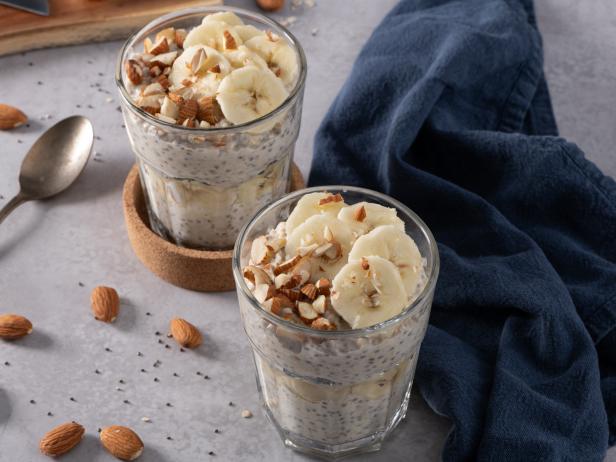
homydesign/Getty Images
How To Incorporate Protein Powder Into a Healthy Eating Plan
While protein powders can be a convenient supplement to your diet, they can’t fully replace getting protein from whole foods. In order to seamlessly maintain a balance between the two, try adding protein powder to whole foods, such a fruit smoothie or overnight oats.
Most protein powders are also classified as dietary supplements, and therefore not adequately regulated by the U.S. Food and Drug Administration (FDA). Such supplements are not subject to strict regulations. Poorly regulated protein powders may be contaminated, adulterated, improperly dosed and/or may include ingredients not listed on the labels. The best way to ensure your protein powder is “as advertised” is to seek out a product with a “Nutrition Facts Panel” instead of a “Supplement Facts Panel” (just check the packaging), or one that has been tested and validated by a third-party testing organization such as Informed Choice, Informed Sport or NSF Certified for Sport.
There’s no need to avoid powders altogether just because they’re processed. But if you decide to forego them, that’s OK, too. You can still get enough protein from whole food sources such as dairy, meat, fish, nuts and legumes. Most Americans actually hit their daily recommended intake of protein. However, of that protein intake, we tend to miss out on getting enough variety.
Animal- vs. Plant-Based Protein Powder
Both plant and animal-based protein powders can be consumed based on your dietary preferences. Whey and other animal-based protein powders typically have a higher yield of protein per serving. Whey has been tested most extensively and remains the gold standard in terms of absorbability. One-ingredient plant-based protein powders may be lacking one or more of the essential amino acids, but many brands offer plant blends of various types of protein to yield the same types of amino acids found in whey and other animal sourced options.
Best Practices for Protein Powder
Protein powder can be used as a tool in your healthy eating toolkit, but is not a daily necessity. Use these tips when selecting and using protein powders.
Choose Wisely: Whether you choose plant or animal-based powders, there can be a lot of variation between products. Do your homework to find the best fit for your preferences.
Read Labels: Look for products with a Nutrition Facts Panel or third-party testing.
Assess Protein from Food: Figure out how much protein you are getting from food and which meals or snacks would benefit from a protein powder boost.
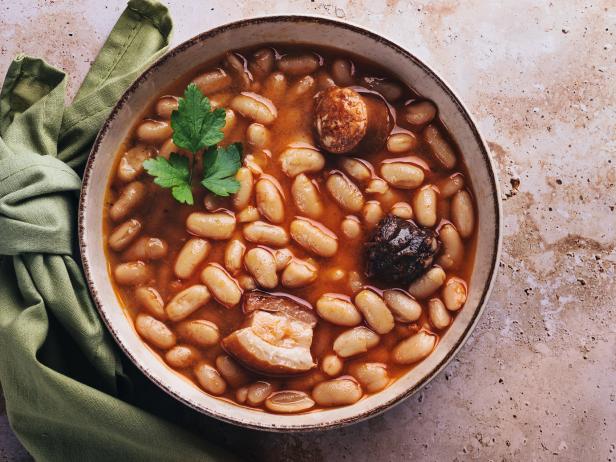
Cris Cantón/Getty Images
Bottom Line: Protein powder can be part of a healthy eating plan if used sensibly. While the vast majority of supplemental protein powders are processed, that doesn’t necessarily mean they can’t be healthy. To incorporate protein powder into your diet properly, prioritize eating a wide variety of protein-rich foods in addition to periodically using a good quality powder.
*This article was written and/or reviewed by an independent registered dietitian nutritionist.
Try These Recipes
Related Content:












